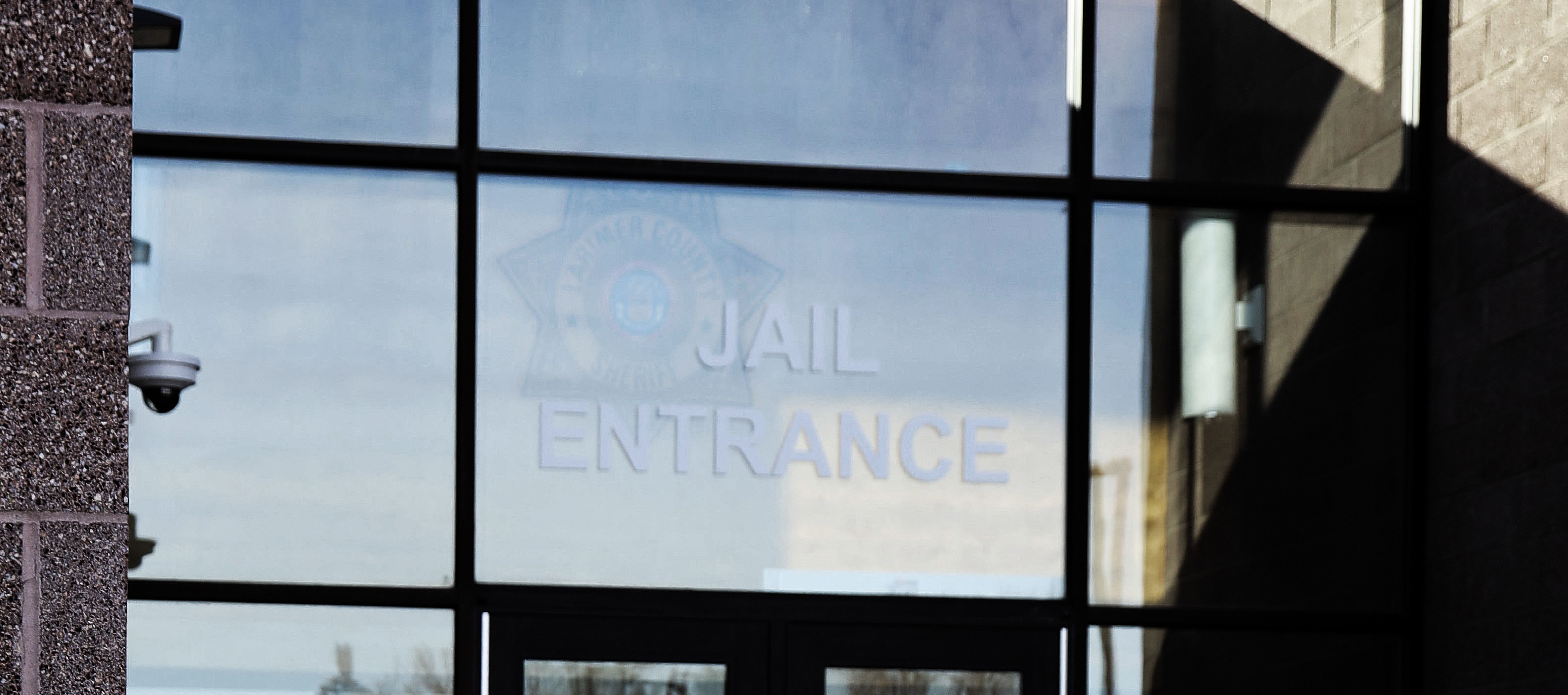The Larimer County Sheriff's Office will never call to demand payment for an inmate's bond, early release, ankle monitors, or other fees related to incarceration.
LCSO has gotten many reports from people who have a loved one in jail. The caller claims to be a Larimer County official and demands payment for the inmate's release. THIS IS A SCAM. If you have a friend or family member in jail and receive a call like this, hang up. Do not provide any personal or financial information.
Learn more about common scams at https://www.larimer.gov/sheriff/frauds-and-scams
SCAM ALERT
When a person is booked into the Larimer County Jail, information about their arrest appears on our LCSO website. We've recently gotten reports from family members who fell victim to scammers who used this public information to their advantage.
Here's how the scheme works:
- A scammer finds names of inmates through online resources (like our booking report)
- The scammer then uses search engines, social media, and other open source databases online to find names and contact info for inmate family members
- The scammer contacts these relatives and tells them they need to pay up for the inmate's early release, ankle monitor, breathalyzer, or bond for additional charges.
- They typically demand payment through untraceable methods like PayPal, wire transfer, Zelle, Venmo, cryptocurrency, or gift cards.
Having an incarcerated loved one can be an emotional time for families, and scammers know this. They prey on these heightened feelings to push people into paying up before they realize it's all a scam.
If someone you know is arrested, release terms and requirements will be handled through the court. Real government agencies will never call and demand payment over the phone. If you get a call like this, hang up. Don't provide any personal or financial information.
Whether you are turning yourself in on a warrant or assisting someone with bail, our webpage is here to guide you through the process. Understanding the steps involved can ease the stress of navigating these legal matters. From turning yourself in to bonding someone out, you can find the information you need for a smoother transition.
Turning Yourself In
When planning to turn yourself in for an active warrant or sentence, you can help ensure a smooth process by adhering to the following tips:
- Arrive at the jail substance-free
- Bring a government issued ID
- Bring any applicable court documents
- Bring cash for bonding or commissary
- Bring eye glasses or contacts
- Minimize all other property items
- Outside books and electronic devices are not allowed
- Do not bring in outside food or other personal items
- Tobacco, E-Cigarettes, lighters, and knives of any size are not allowed and will be destroyed
Bonds

Bonds can be posted 24 hours a day. There are several types of bonds. If you don't know the individuals' bond type, you can look them up online. Using this tool, you can find an individual's inmate # and Jail ID, which you may need to post bonds online.
If posting the bond using cash, you will need to use the Kiosk located at the jail's entrance. Cash bonds can also be posted online or over the phone (1-888-604-7888) using AllPaid. Jail staff will also accept money orders and cashier's checks at the release window. Checks should be made out to the Court Clerk or Clerk of Courts.
If you are at the kiosk in the Jail Lobby, our Jail Facility Locator Number is 280525.
For all cash bonds
Per C.R.S. 16-4-111, if a defendant is released upon deposit of cash in any amount or upon deposit of any stocks or bonds and the defendant is later discharged from all liability under the terms of the bond, the clerk of the court shall return the deposit to the person who made the deposit, including when a bond is posted online.
You can elect to be listed as a surety, which will ensure that funds are returned to you as opposed to the defendant.
To be listed as a surety, or to co-sign for a PR or Cash bond, please complete the following.
To be listed as a surety, or to co-sign a Cash bond without visiting the jail, you will need to complete and submit the following information within 10 minutes of the bond funds being deposited. The name on the bond must match the depositor's name.
or
To be listed as a surety or to co-sign a PR bond, you must submit the following form. You will need to be available for a phone screening and/or bond review at the number you provide.

